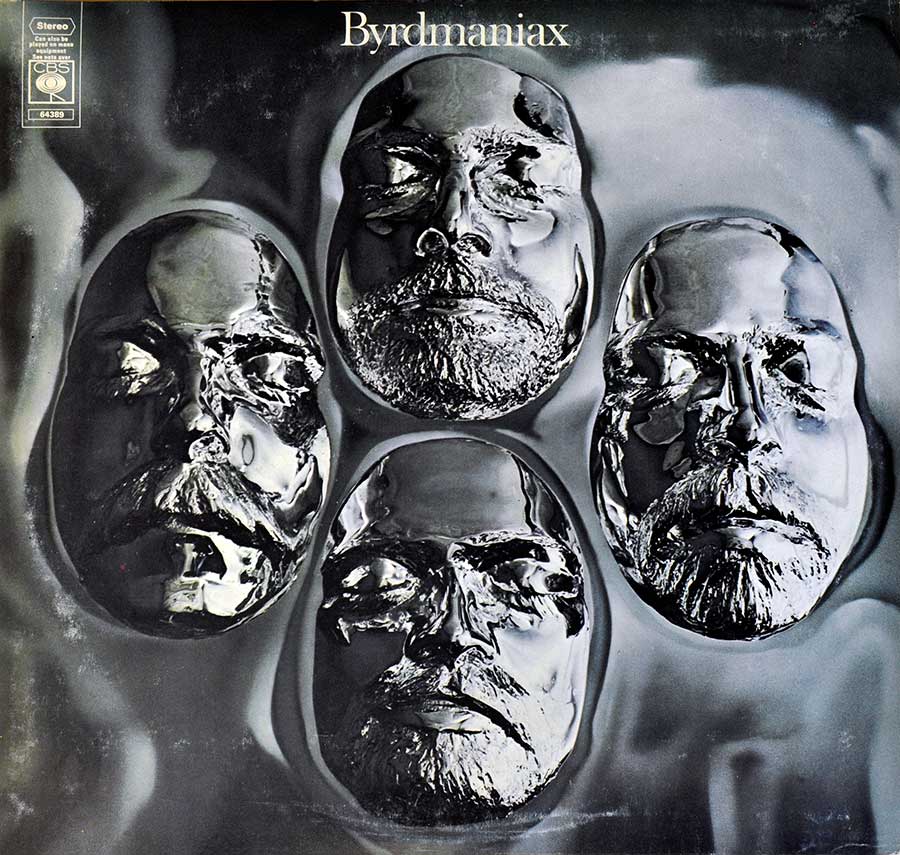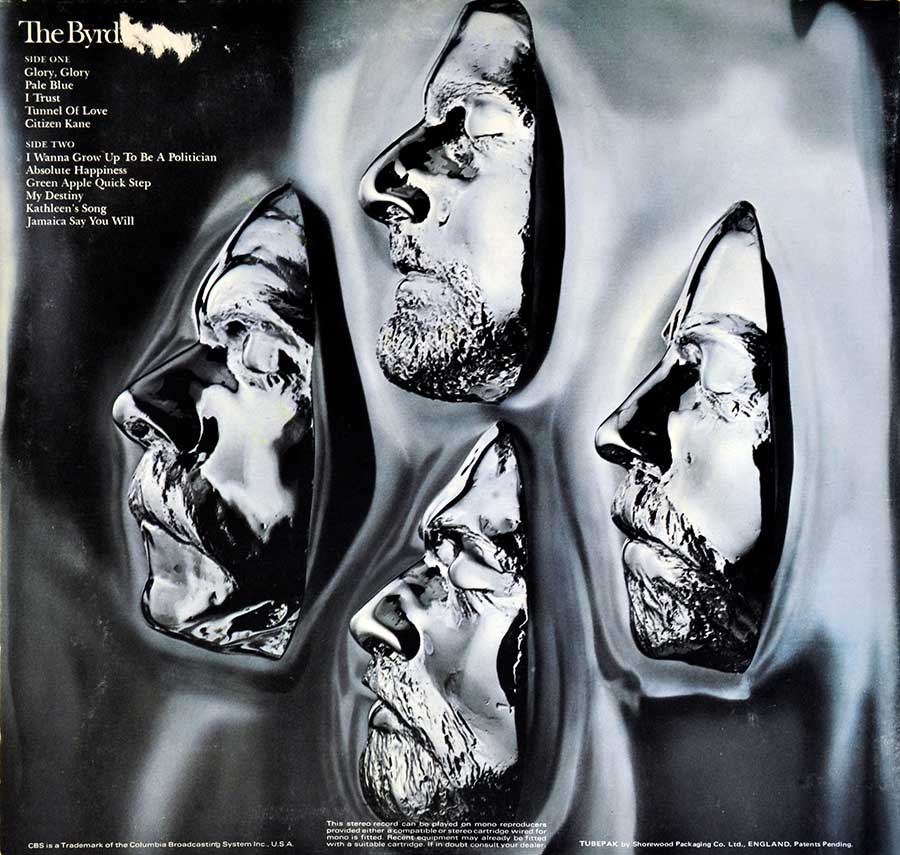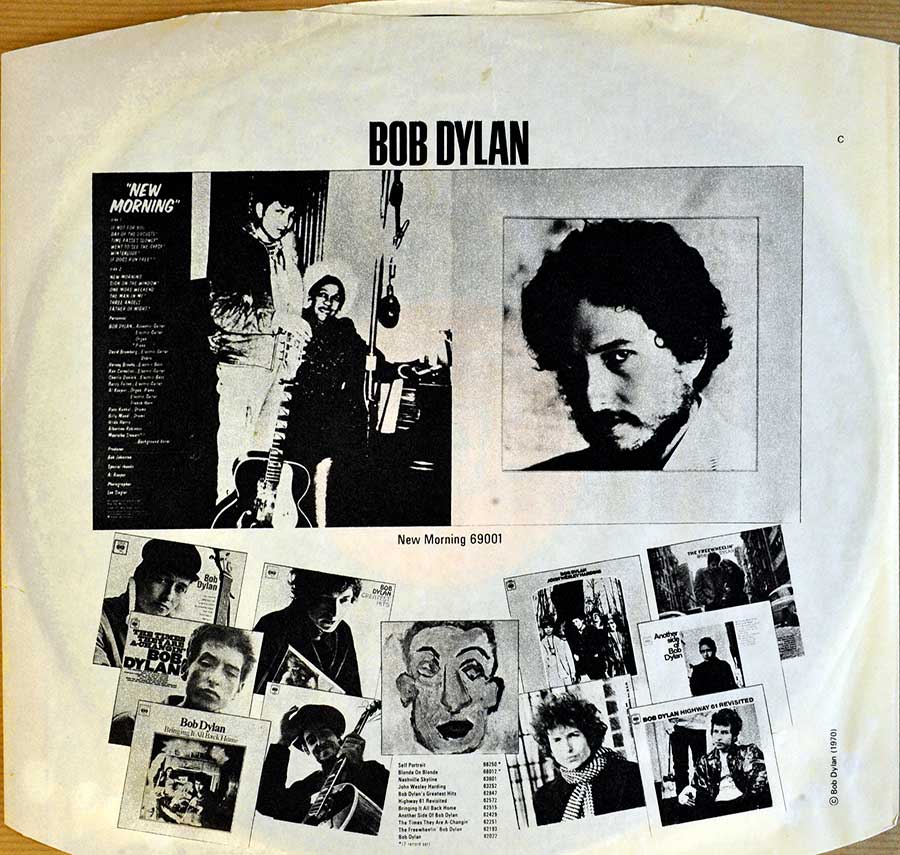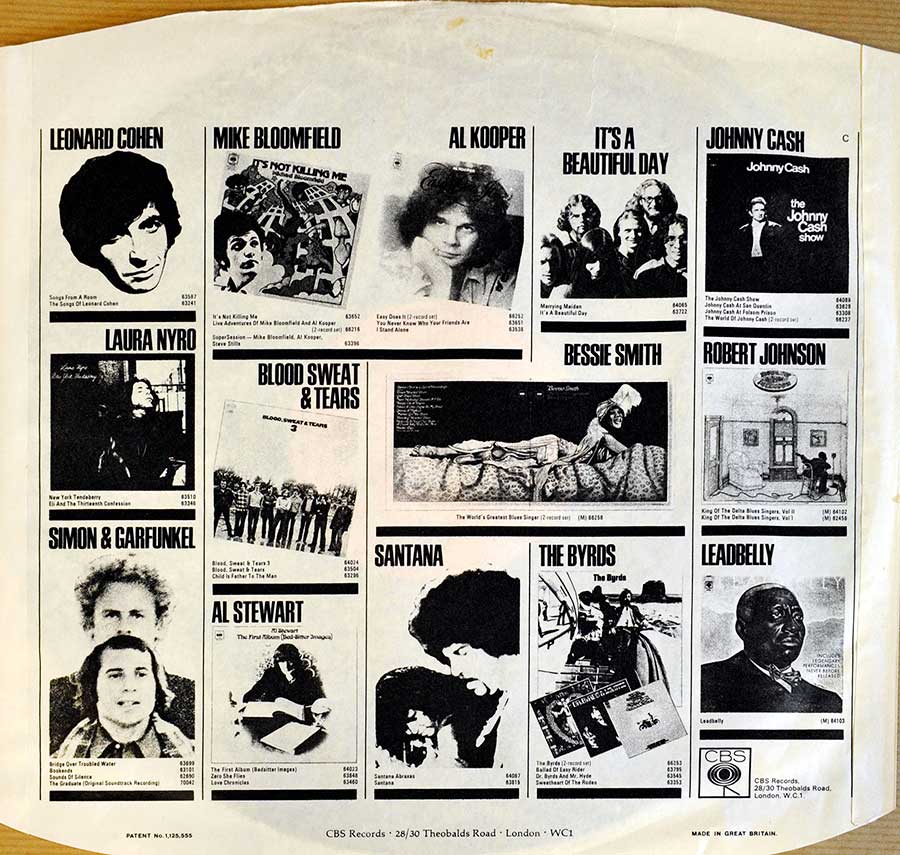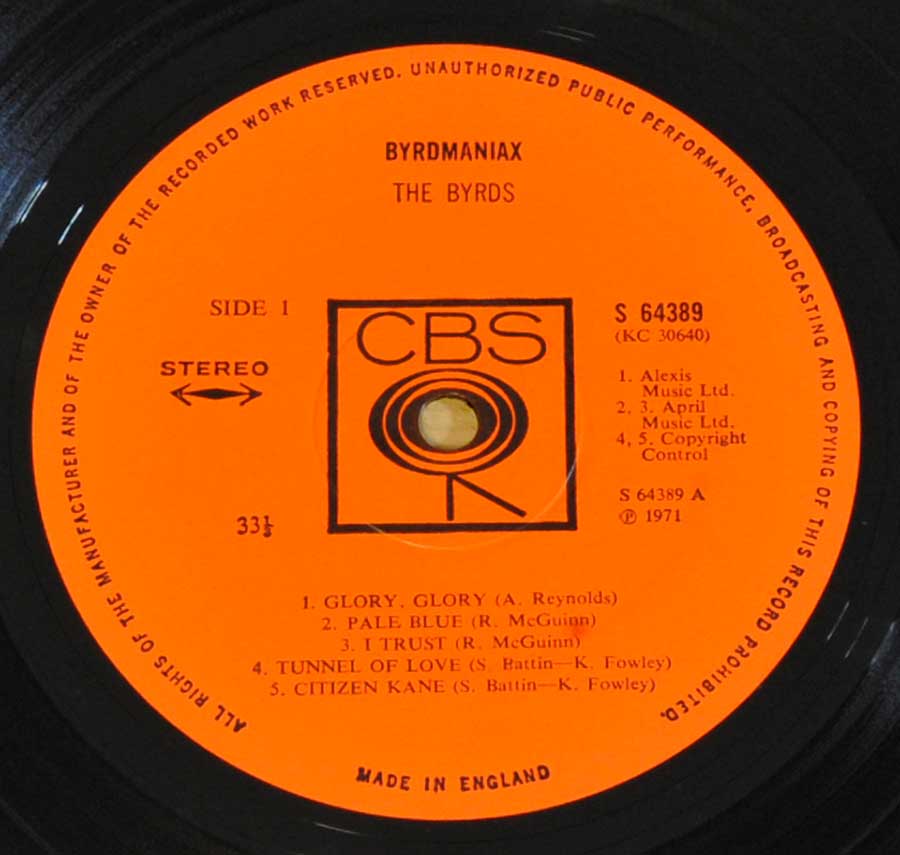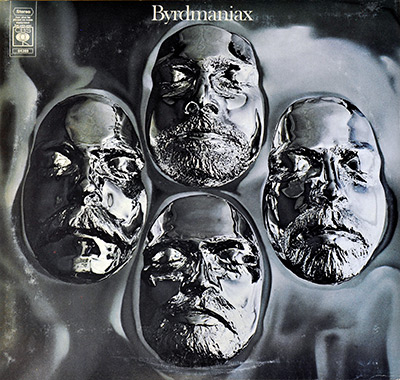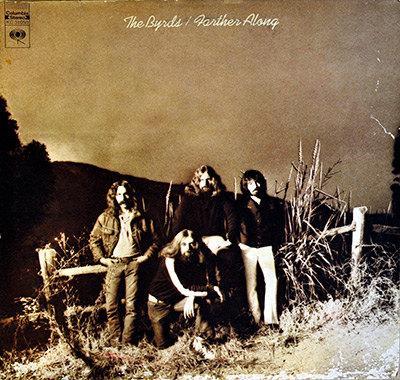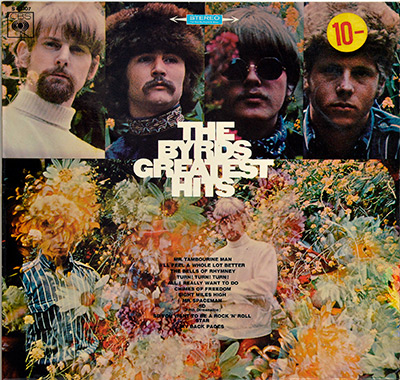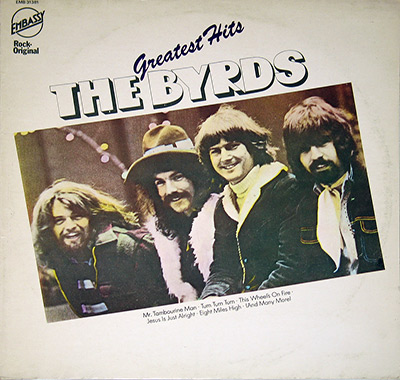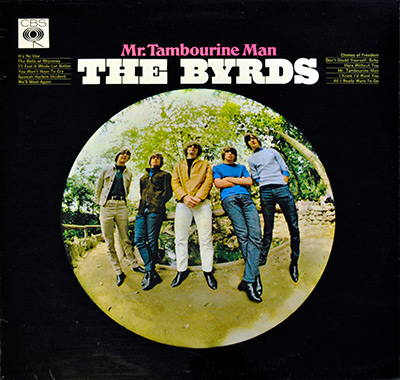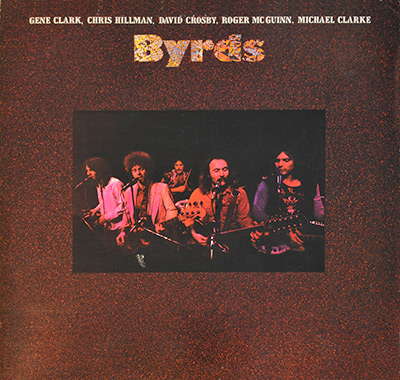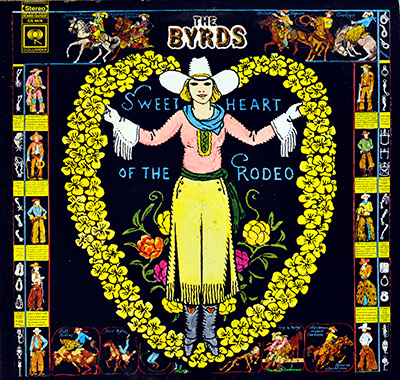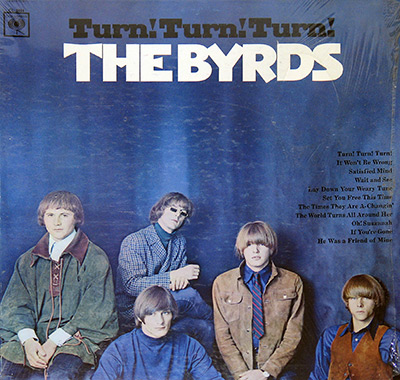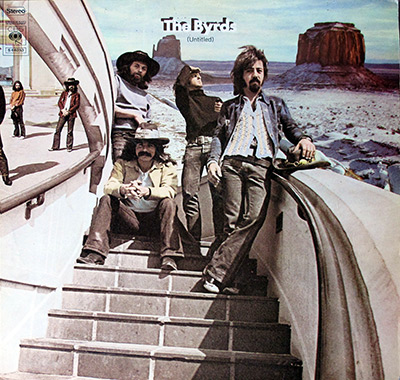BYRDS - BYRDMANIAX 12" Vinyl LP Album
- 1971 UK Release with Gatefold Album Cover
The Byrds' 1971 album "Byrdmaniax" is a 12" vinyl LP released in the UK with a gatefold cover. Despite a mixed reception, this album reflects a transitional period for the band, incorporating country rock and pop elements. While not their most acclaimed work, it includes noteworthy tracks like the satirical "I Wanna Grow Up To Be A Politician" and the gospel-infused "Glory, Glory." For fans and collectors, this UK pressing is a unique piece of music history.
